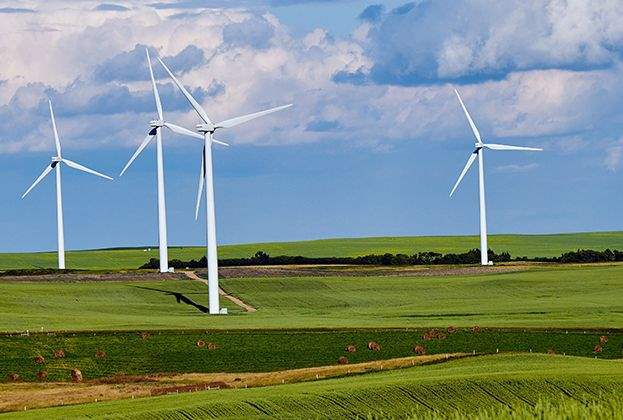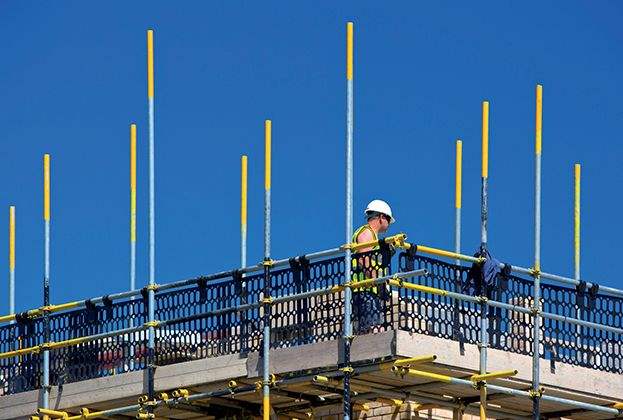The importance of natural capital makes a carbon trading offsetting system a priority
There is plenty of talk about ecosystem services and natural capital – the value that rivers and pasture land, for example, give to the nation. However, there is less practical action on how the managers of these resources can be compensated for the services they provide.

One recent exception is in the field of water supply, where there are now several schemes under which landowners are paid by private water companies to farm in a way that causes less water pollution and so reduces the water company’s costs further down the line. Could there be future opportunities for landowners to work with other industries such as energy producers in this way?
Anyone who is thinking that the world of renewable energy and clean technology is sometime in the future is out of date. That tomorrow is already here
Dr Nina Skorupska, Chief Executive of the Renewable Energy Association
Emily Norton, Head of Savills Rural Research definitely thinks that is the direction of travel. “What we’d like to see is an emissions trading scheme that offers a viable marketplace for energy companies to offset their pollution with carbon credits. Central to the scheme would be recognising the value of carbon stored in soil and paying a fair price to landowners for this service.”
While we often hear about forestry and tree planting as working to offset emissions, less is said about soil. However, all soil captures carbon. “It’s what farmers call the organic matter,” explains Emily. “The higher the measure of organic matter, the higher the level of carbon contained in the soil.” Even soil that is ploughed regularly can act as carbon capture as long as it is having a good deal of organic matter added to it – such as via the growth of a cover crop. “Increasing the level of carbon in the soil is not only good for carbon capture, but also for soil health. “There are multiple environmental benefits to land managers being involved in a carbon trading scheme,” says Emily. “It’s a win-win for them and the environment.”
.jpg)
Carbon storage potential The carbon storage potential of different habitats (tonnes of carbon per hectare)
Source: Natural England
So, is such a scheme likely, or just a pipe dream? “When the Government announced its 25 Year Environment Plan, it made it very clear that the system of agricultural support was going to change and that public money would be in exchange for public goods,” Emily points out. “Pair this with the message at the heart of the proposed Environment Bill that the ‘polluter pays’, and the landscape is perfectly set for a carbon offsetting system where polluters who need to mitigate their emissions can pay those who have the natural resources to capture the carbon.”
Currently, all publicly listed companies have to calculate and declare their carbon emissions. Only the very largest energy consumers (about 1,000 in the UK) are required to offset these emissions through the EU’s Emission Trading Scheme and the Government is required to limit the country’s emissions as a whole to meet EU targets.
However, as Savills Sustainability director Lizzie Jones points out, an actual commitment to sustainability isn’t about off-loading the carbon abroad: “What we want to aim for is a UK-wide collaboration where businesses can link up with UK schemes to offset their emissions.” She cites commercial buildings in London teaming up with rural estates to offset their carbon footprint. “We are seeing increased interest from commercial owners to off-set part or all of their properties’ emissions through local tree planting or similar schemes.”
.jpg)





.jpg)